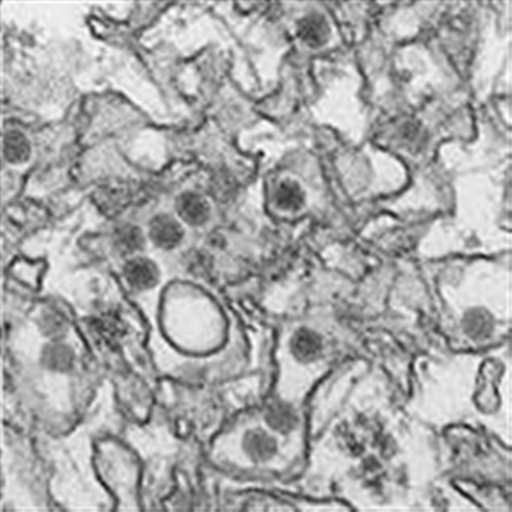This January 2016 image provided by the Centers for Disease Control and Prevention (CDC) shows a Zika virus, a mosquito-borne disease that has been linked in Brazil to a large number of cases of microcephaly, a rare birth defect. Infants with microcephaly have smaller than normal heads and their brains do not develop properly. (Cynthia Goldsmith/CDC via AP)
Health authorities have added eight tropical destinations to a travel alert about an illness linked with a severe birth defect and spread by mosquitoes.
The updated alert issued Friday by the Centers for Disease Control and Prevention brings the total to 22 destinations, most in Latin America and the Caribbean, where there have been outbreaks of the Zika virus.
The new locations are Barbados, Bolivia, Ecuador, Guadeloupe, Saint Martin and Guyana; Cape Verde, off the coast of western Africa; and Samoa in the South Pacific.
Last week's alert included Brazil, Colombia, El Salvador, French Guiana, Guatemala, Haiti, Honduras, Martinique, Mexico, Panama, Paraguay, Puerto Rico, Suriname and Venezuela.
The CDC says pregnant women should consider postponing trips to these destinations because the virus has been linked with microcephaly. Affected newborns have unusually small heads and abnormal brain development.
All travelers to these areas are advised to take precautions, including using repellent and wearing long sleeves and long pants, to avoid mosquito bites.
Zika illness can cause fever, rash and joint pain but most people infected by mosquito bites don't show symptoms. There's no specific treatment; infected people aren't contagious.
The CDC says people who do develop symptoms should tell their doctors where and when they traveled.
More information: Zika: www.cdc.gov/zika/
© 2016 The Associated Press. All rights reserved.





















